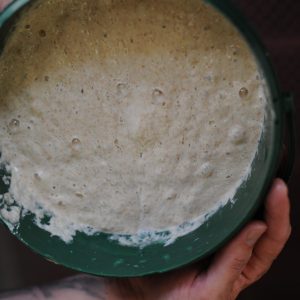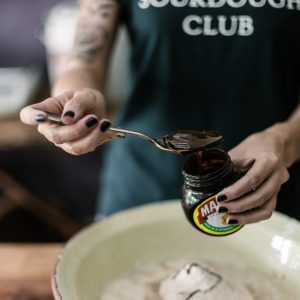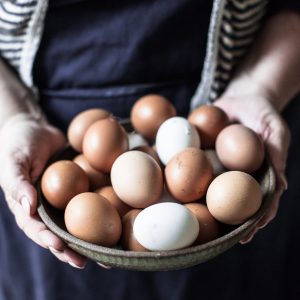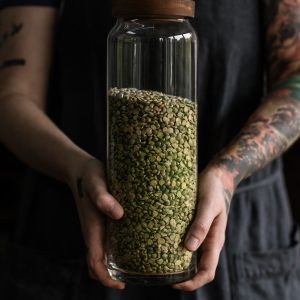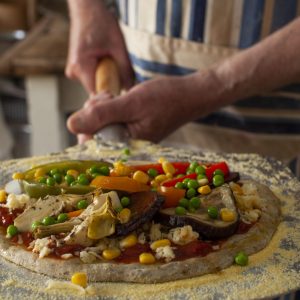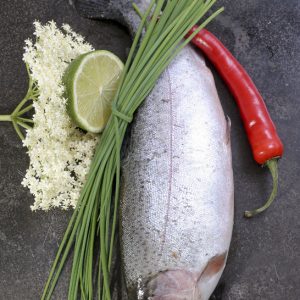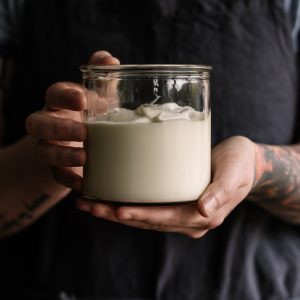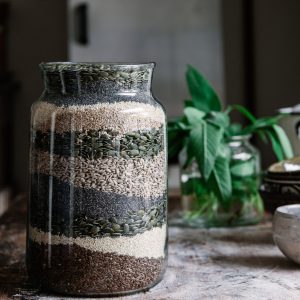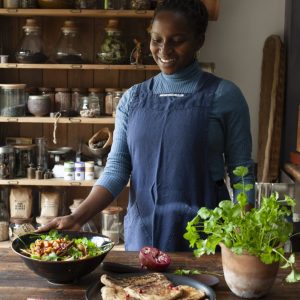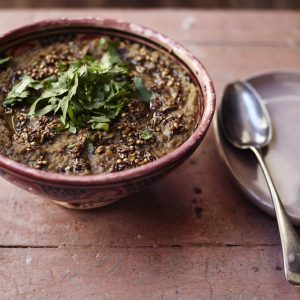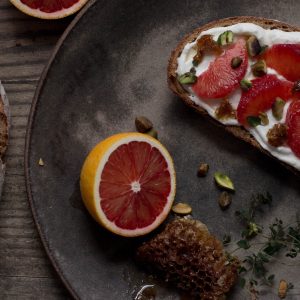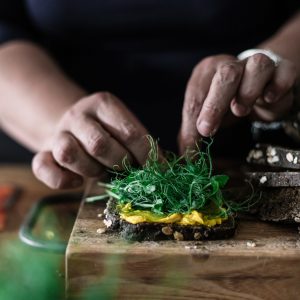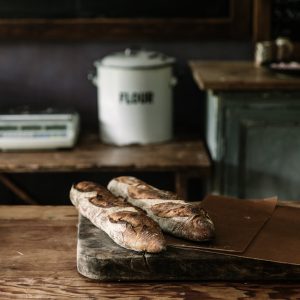Vitamins in the BALM Protocol
Grains and legumes are rich in B vitamins, such as thiamine, riboflavin, niacin, and folate, along with essential nutrients like vitamin E in grains and vitamin K in legumes. It provides essential nutrients such as B vitamins, fibre, minerals, and antioxidants. But more than this, the way you eat bread, whether as a sandwich, toast, flatbread, or even croutons in a salad or soup, offers the opportunity to nourish. So, whilst the grains and botanical blends used in our bread provide essential vitamins, and the protocol emphasises a comprehensive approach to nutrition, this goes beyond simply teaching individuals to bake bread; BALM fosters baking, eating, and sharing culture, where bread serves as a central conduit for nourishment and connection.
The Role of Vitamins
Vitamins are crucial organic compounds that play vital roles in numerous physiological processes. They support immune function, metabolism, and cellular repair, contributing to overall health and vitality. By incorporating diversity, fibre, fermentation, high levels of polyphenols, and chemical-free foods as a concept that goes beyond bread, BALM encourages a balanced diet. The bread facilitates behavioural change beyond just baking, which supports physical and mental health through optimal nourishment.
